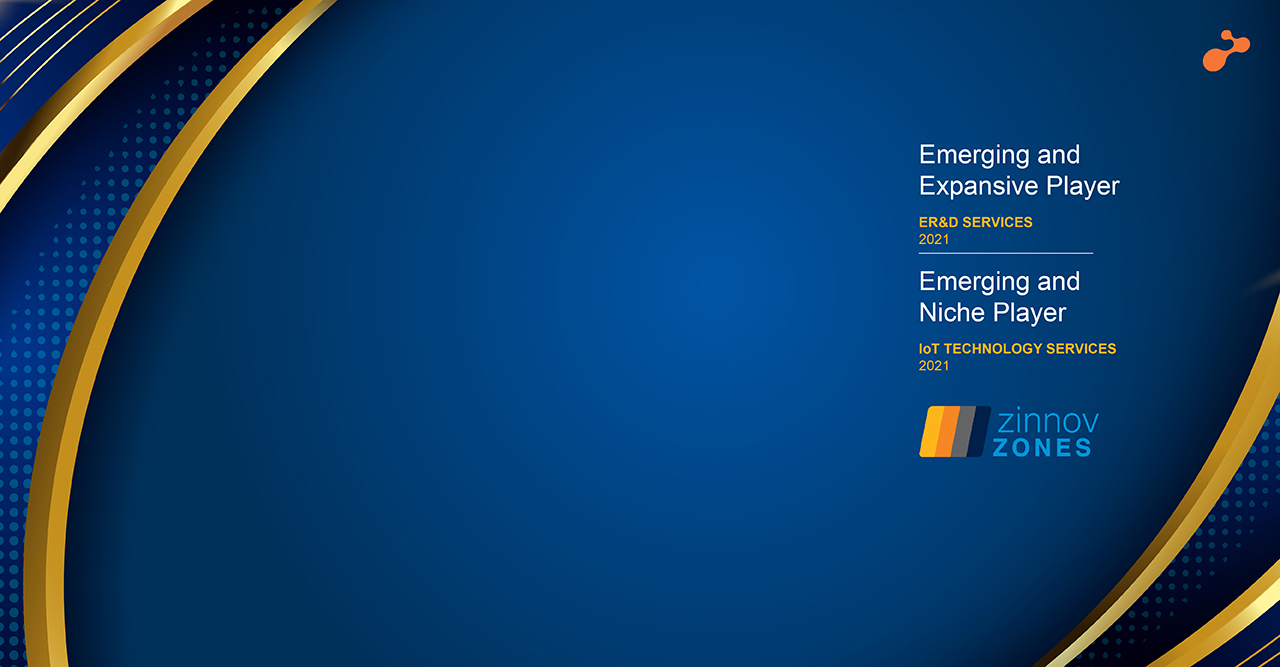Organizations across industries, geographies, and company sizes are having to undergo an organization wide digital transformation. As we must consider social distancing and employee safety norms at the workplace, digital adaption has become an absolute necessity. The need to go increasingly digital is the new normal, and there is no alternative to it.
According to a digital engagement report - the pandemic has accelerated a company's digital transformation process by an average of 6 years i.e. what an organization would have planned in their transformation journey is being done now. The pandemic has crunched the digital transformation timelines that spanned over years or months into just a few weeks or days. Organizations that did not have a digital adoption roadmap found this time challenging, the ones that did were equally under pressure. The turbulence in the market has led to several changes and has fired up the innovation engines for embracing breakthrough technologies and processes to mitigate diverse challenges.
The changes that are being ushered in the new normal are not just a temporary fix but are here to stay in the foreseeable future. While the impact of COVID-19 and the new normal is here to stay, let us recognize the new realities of digital at work:
- Acceleration in digital adoption to provide services to customers: With the new mandate for touchless, contactless, and socially distant services, organizations are using various digital means to reach out to their customers across industries. This has accelerated the adoption of digital transformation for several services, like touchless payment services, telehealth, digital commerce, delivery using bots, and more.
- Change in outlook towards digital innovation: Unlike last year, where digital transformation was considered a good-to-have, today, adopting digital is now seen as a must-have across industries. Tech companies (78%) are the front runners in embracing digital transformation, while energy (77%) and healthcare (74%) are a close second and third. Every industry is using digital in some form or the other, changing the perception towards digital innovation.
- Disruption to the physical office: 99% of the companies surveyed in the report are using remote working since the COVID-19 pandemic and will consider more remote working opportunities in the future. This has increased the use of digital for facilitating online meetings, leveraging platforms for real-time collaboration and sharing of data, and using VMs and other tech to provide remote access to software, tools, and information.
- Increase in Omnichannel Communication: 96% say COVID-19 accelerated digital communication transformation, with several organizations using an omnichannel approach to stay in touch with its customers. Multi-touch marketing or omnichannel marketing is now in vogue, as organizations are catering to customers from several channels instead of limited platforms earlier. This has led to new digital channels being added to the company's communications strategy while increasing employee time dedicated to digital communication. The use of bots for primary contact is also growing, as Gen-Z and millennials excessively use online and digital means to get their doubts and grievances resolved timely.
These findings show that to sustain in this new world, going digital does not seem like an alternative but, in fact, a fundamental requisite for organizations worldwide. While COVID-19 has accelerated the speed and effort to adopt digital transformation, it is an on-going process rather than a one-time fix. Focus on using digital transformation to create long-term impact, and if you need a partner to help you in this journey, we are here to help!
For a more in-depth understanding, you may read Twilio's COVID-19 Digital Engagement Report or other Digital Transformation blogs on our website.









.jpg)
